Great photos might be down to a little bit of luck, but most of that 'luck' you make yourself. Don't believe us? Read on...
Top tips for terrific travel photos
Seeing as Daniela is currently gallivanting somewhere in Thailand, we thought it presented us with the perfect opportunity to give you our travel photography tips. We've accumulated them from thousands of miles on the road through tens of countries. They might be useful for someone other than ourselves.
1. Be prepared
Like every good Boy Scout and Girl Guide, you need to be well prepared, before you go and when you're away. As contrary as it might sound, even if you favour spontaneous, moment-to-moment travel, a bit of planning will make sure that you get the pictures you deserve. You need to be ready for anything.

Being prepared comes in three parts.
- First: Have an idea of what you want to see, do, and experience before you arrive. It doesn't have to be a minute-by-schedule, a wish-list is sufficient. It will help to ensure you see as much as you can and still have the chance to unwind and prevent being overwhelmed and accomplishing next to nothing.
- If you know roughly what you're planning on doing, it'll help when you pack your kit. Why take with lenses that you probably won't use at the expense of those you will? Trust me, I schlepped four lenses around the world and used only two of them.
- Finally: when you're out and about with your camera, be ready. Remember to re-set your ISO and shutter speed after a night shoot. Have you camera to hand on a bus or train, not in the luggage compartment. And have a smartphone or compact camera with you when you pop out for a bottle of water. You never know what you might see!
2. Tell the story
Every photo tells a story, and the photos from your travels should tell the story of your trip. That means it isn't just about capturing the monuments and the famous views, but about recording the little things that matter, that make a difference, that bring a trip to life.

When you look at your travel photos you want to be transported back to the hustle and bustle of the souq in Dubai; your friends and family who weren't there need to sense the crush, the smell, the heat. My photos from Bali include stone lions guarding temples, the bottles of petrol you see for sale by the side of the road, and the pile of medicine I was prescribed when I fell ill. My time there is charted in pictures, big to small.

3. Get off the beaten track
I'm a huge advocate of eating in local restaurants and taking the bus to the isolated villages half way up the mountain. It all adds to the experience. But I mean something more when it comes to photos. When you're looking to photograph famous monuments and well-known vistas, look for a fresh approach, an unusual angle, a different feel.
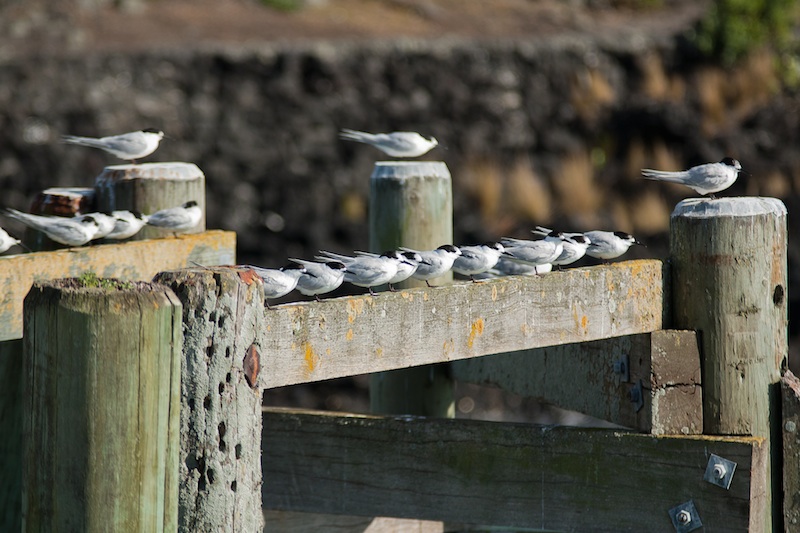
4. Take good care
When I first used a mandolin (one to prep vegetables, not the musical instrument) I was advised that carrots are cheaper than fingers. I've a similar approach to taking photos. I'm worth more than my kit; and my safety is worth more than a photo. This means that I don't wander blithely into insalubrious parts of town flashing my camera and I don't ignore the signs telling me that landslips are likely owing to recent heavy rain.
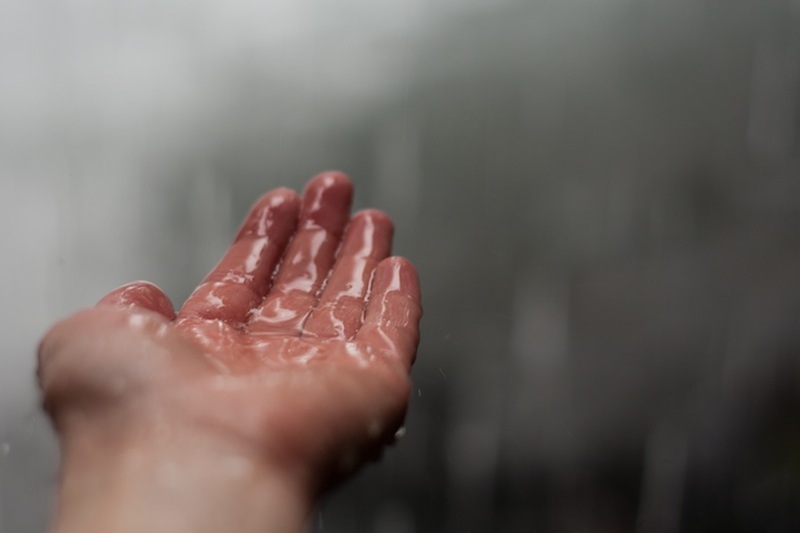
I also make a point of regularly rotating my memory cards, so that if my kit does succumb to theft or failure, I won't have lost all my photos. And if I travel with my laptop, I backup my photos to a hard drive, and if possible a cloud drive, at the end of every day.
The key thing is, your photos are worth more than your kit and you're worth more than both of those.
5. Know 'the rules'
Yes, we would like you to know the rules of photography and we would like you to know when to break them. But that's not quite the point here. We mean the local rules, customs, and mores. Can you take photos of people? Are camera allowed at religious sites? Are certain places out-of-bounds at particular times of the day? Make sure that you know what you can and cannot do; you don't want to offend anyone where you're a guest and you don't want to get into trouble. However far these customs and protocols might seem from your life, they still need to be respected.

6. Set your alarm
Sunrise and sunset might present you with the best lighting opportunities for your photos, with sizzling stone, luscious landscapes, and perfect portraits, but early in the morning will show you a different side to where you're staying. And you'll escape the tourist crowds, too.
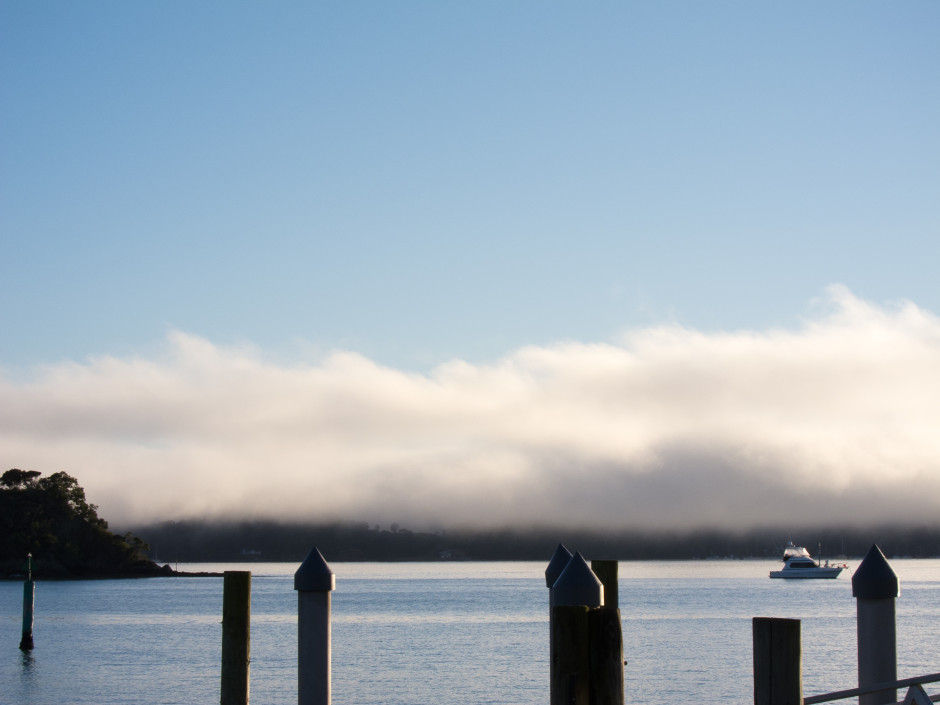
7. Remember to put down your camera
Travel is about a whole lot more than your photos. It's a wealth of experiences and encounters. When you're constantly holding a camera to your face, it means that you can miss out on people, whether your family or anyone new. Remember to put down your camera from time to time, and just enjoy.
Of course, this is just the beginning, the basic principles. Haje covers travel photography in far more depth and detail in his gorgeous Focus on the Fundamentals: Travel book!
Wander leads to Planett, but can these apps go any further?
In December 2011 I took a look at an app called Wander (no, not that Wander; a different one) that aimed to let you explore the world through images. It was a bit like having technologically-based pen-pal. Wander allowed you to connect with people in any one of 80 countries and you could share your lunch, your journey to work, and what you do of an evening to get to know each other and where you live, through pictures. It seemed like a fairly neat idea that allowed you to explore and learn about new places while sharing yours. It didn't, however, catch on as the developers had hoped and Wander closed down on 16 August owing to financial difficulties.
Undeterred, some of Wander's original developers have gone on to launch Planett, a Wander-esque app that allows users to discover new places and people by featuring photos tagged with 'missions' from all over the world and organising them into 'city feeds'. Wander's one-to-one element has had to take a back seat for now, but the Planett team is hoping that it can be introduced soon.
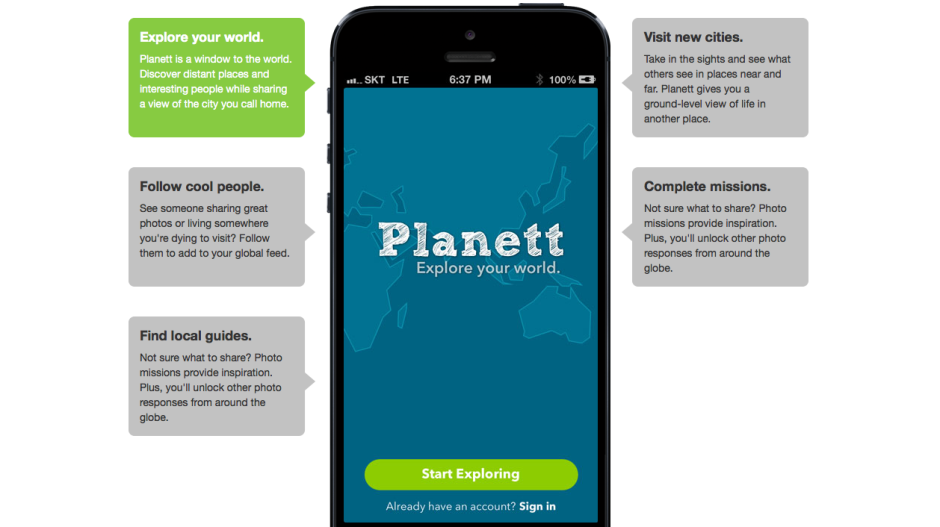
I'm impressed by the Planett team's tenacity, but I'm left with some nagging doubts about the app's viability. If it failed on financial grounds the first time around, how will the revamped version fare? There are two underpinning factors here: either Wander didn't fulfil a gap in the market and wasn't popular with potential users; or the team weren't able to monetise it effectively.
Rehashing an app that people didn't want to engage with won't necessarily make it any more popular. If that's the case, then Planett is, sadly, already on a hiding-to-nothing.
Not being able to monetise the app effectively could have been because the developers simply didn't know how to do it. They couldn't see a way to make the app economically lucrative and therefore didn't. That's fine if you're able to bankroll an app as a personal project, but not if you need to transform it into a self-sustaining business. Given that Wander closed owing to financial shortcomings, it suggests that it didn't fall into the category of a developer's part-time project. Seeing the way that Wander went doesn't fill me with confidence that Planett can be maintained as a developer's toy, either. If that were the case, then Wander would still be meandering along.
I sincerely hope that the Planett team hasn't sauntered over from Wander thinking that they can monetise it 'somehow' without having thought it through. Attempting the same scheme but expecting a different outcome is somewhere between futile and fanciful. What I would like to know then is what's the plan, Planett? I have asked Planett's developers to elaborate on the app's monetisation potential, but I'm yet to receive response. Without one, I can only anticipate Planett will head towards the same pale blue yonder of Wander.
Alternatively, the Wander team did attempt to monetise their app, but it didn't raise enough revenue. That doesn't bode well for Planett, either: it casts doubt on the monetisation potential of the app. Sure, Planett might have a different vision to Wander, but there's no evidence of it yet. Planett's developers need to consider if their app is something that plugs a gap in the market and if people will be prepared to pay for it, somehow.
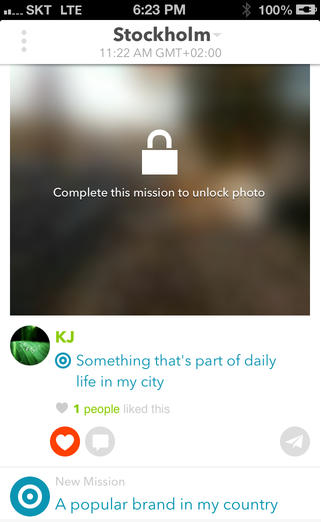 Planett's selling points are that it allows you to explore your world, you can follow 'cool people' who share photos from places you want to visit, you can visit cities pictorially and explore them 'at ground level', and it provides you with photo missions to inspire you and get your creative juices flowing. As you share more images of where you live, you can unlock more images uploaded by other people.
Planett's selling points are that it allows you to explore your world, you can follow 'cool people' who share photos from places you want to visit, you can visit cities pictorially and explore them 'at ground level', and it provides you with photo missions to inspire you and get your creative juices flowing. As you share more images of where you live, you can unlock more images uploaded by other people.
Is this enough to tempt people to join and to share their photos? After all, you can already explore the world photographically using geolocation information with Flickr, Instagram, and EyeEm, and you can follow heaps of people with varying degrees of coolness on all three of those sites. EyeEm has the photo missions element built in, too. The real kicker for Planett is that these examples are already well-established communities with billions of photos, and that they're free. Without something to set it apart, Planett is facing an uphill struggle.
Wander's unique selling point was the one-on-one relationships that it fostered. Planett is hoping to adopt this feature but it hasn't got there yet. Without it, or another appealing and original facet, Planett is trying to establish itself amongst already settled groups that might not be willing to shift (or at least join).
There are billions of photos on the Intergoogles and hundreds, if not thousands, of different ways of sharing them. But if a new kid on the block is going to survive against already well-established communities and ensure its sustainability, it has to know to whom it is appealing, and how. Does Planett?





